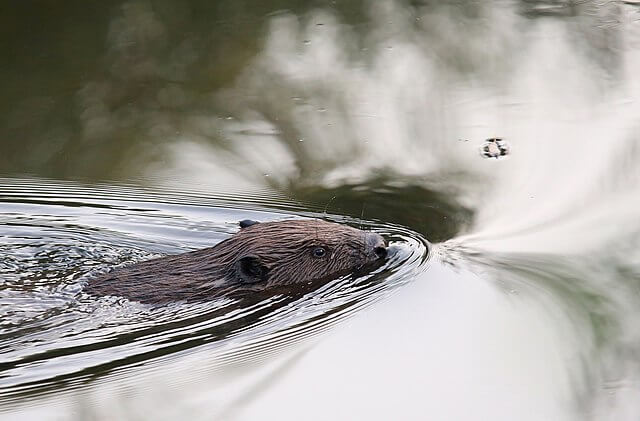
Eurasian beavers have made their return to west London after an absence of approximately 400 years, as part of an initiative to enhance biodiversity and address the impact of climate change.
A family of five beavers was reintroduced to Paradise Fields, a wetland area in Ealing, having been relocated from a wild beaver population in Scotland through collaboration among wildlife organisations. The project, financed by the Rewild London Fund, aims to enhance the local habitat and reduce flood risks.
Elliot Newton, co-founder of Citizen Zoo, told BBC London: “Beavers became extinct in the UK 400 years ago so this is part of bringing them back into the landscape where they deserve to be.”
The release site will be closed to the public for a month to facilitate the beavers’ acclimation to their new environment. Dr. Sean McCormack, a vet and chair of Ealing Wildlife Group, emphasised the potential role of beavers in London’s urban wildlife, highlighting their cost-effective, nature-based contribution to flood prevention in comparison to traditional measures.
“In high rainfall events, the brook flash floods and all of that water flushes through in a matter of minutes and floods urban Greenford,” Dr McCormack said.
“[The beavers] will turn this into a sponge where the land will hold more water behind their dams, in their ponds in these complex wetlands, and it will release slowly.”
The reintroduction of beavers to London aligns with the mayor’s Rewild London Fund and reflects a broader effort to leverage nature’s capacity to address environmental challenges. The project anticipates benefits in terms of improved biodiversity, flood risk reduction, and increased understanding of these native creatures through planned “beaver safaris” for the public.
London mayor Sadiq Khan said: “I’m proud that we are turning London into a wildlife haven, as well as making the city more resilient to the effects of climate change.”
This initiative follows previous attempts in north London to introduce beavers to a farm, where two beavers named Justin and Sigourney Beaver were introduced last year. While one of them unfortunately passed away before breeding could occur, the current release in west London marks a significant step forward in the ongoing efforts to reintegrate beavers into urban environments, recognising their role as nature’s engineers and contributors to sustainable ecosystem management.
——————————————————————————
At Natural World Fund, we are passionate about stopping the decline in our wildlife.
The decline in our wildlife is shocking and frightening. Without much more support, many of the animals we know and love will continue in their decline towards extinction.
When you help to restore a patch of degraded land through rewilding to forests, meadows, or wetlands, you have a massive impact on the biodiversity at a local level. You give animals a home and food that they otherwise would not have had, and it has a positive snowball effect on the food chain.
We are convinced that this is much better for the UK than growing lots of fast-growing coniferous trees, solely to remove carbon, that don’t actually help our animals to thrive.
This is why we stand for restoring nature in the UK through responsible rewilding. For us, it is the right thing to do. Let’s do what’s right for nature!
Donate today at https://naturalworldfund.com/ and join in the solution!

